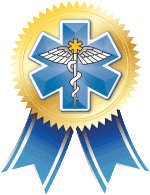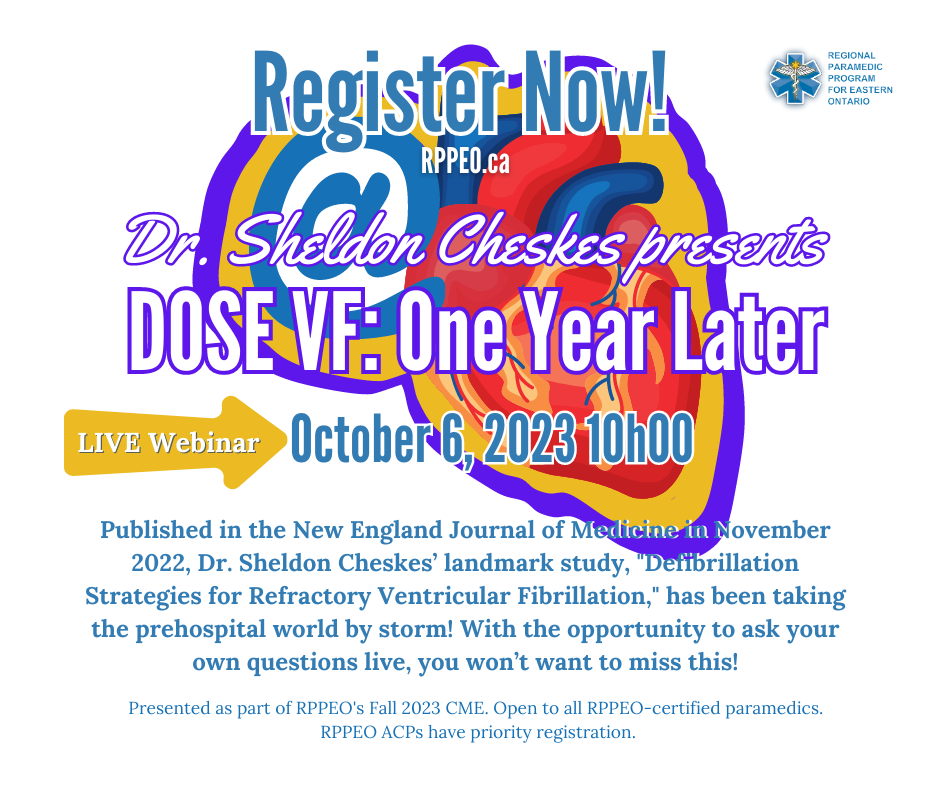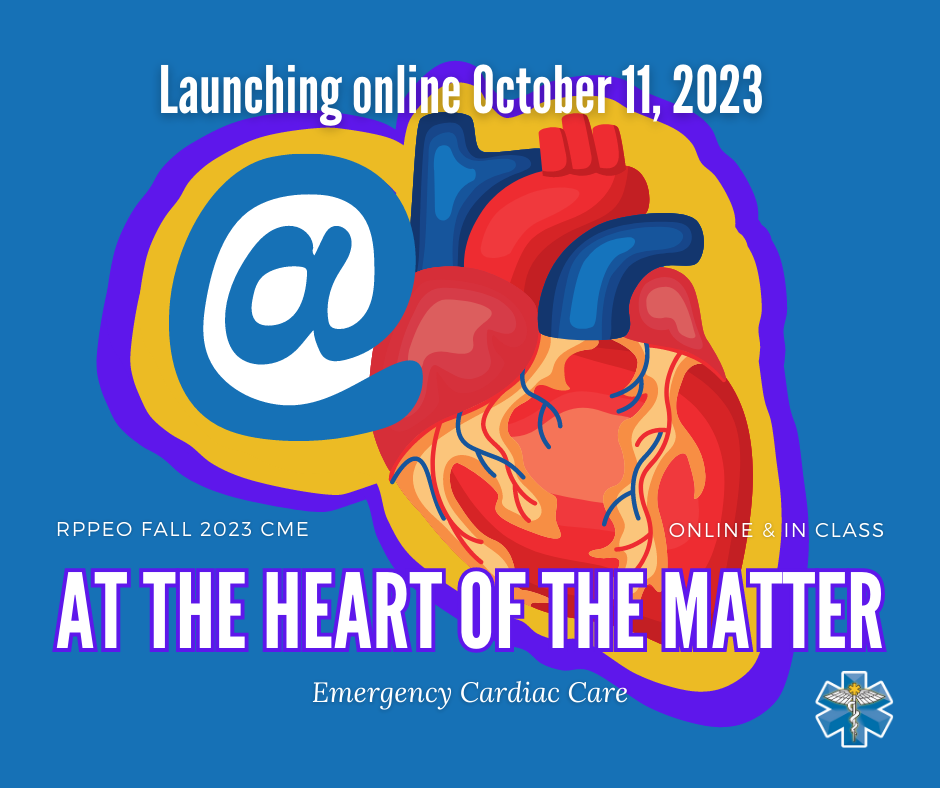Congratulations to our Director Penny Price voted by EMS1.com as the 10th most influential woman in EMS internationally.
Read more …Penny Price Influencial Woman in EMS
- Hits: 5253
Written on .
Congratulations to our Director Penny Price voted by EMS1.com as the 10th most influential woman in EMS internationally.
Read more …Penny Price Influencial Woman in EMS
Written on .

Congratulations Justin and Sandra for amazing efforts. You have both have touch so many lives and saved numerous! Your efforts will go down in history!!
Dr. Mike Austin, MD
Great work I am honoured to know both of you.
Read more …Podcast - ACT Foundation
Written on .
As part of our ongoing work to strengthen medication stewardship and controlled substances oversight, RPPEO has completed a review and revision of several internal policies. While most changes were administrative or formatting in nature, we made one substantive revision that may affect clinical work:
Read more …Policy Revision: Ordering and Managing Controlled Substances
Written on .
 An official announcement has been made, the RPPEO has won the Power of a System award in Patient Safety Education from the Canadian Patient Safety Institute
An official announcement has been made, the RPPEO has won the Power of a System award in Patient Safety Education from the Canadian Patient Safety InstituteThe Innovations in Patient Safety Education (IPSE) Awards recognize organizations, groups and individuals that demonstrate exemplary practices in patient safety and quality improvement using the Patient Safety Education Program – Canada (PSEP – Canada). Patient safety trainers from healthcare organizations across the country are eligible for awards in three categories: the Power of One, the Power of an Organization and the Power of a System.
Read more …Power of a System Award
Written on .
RPPEO paramedics are invited to attend a live online discussion about the landmark "DOSE VF" study on October 6, 2023 at 10am. Register now for this event!

Read more …Registration now OPEN for DOSE VF Live Discussion October 6
Written on .
The RPPEO has rescinded Medical Advisory 2012-006 "Drug Shortage: Atropine preload."
With the coming into effect of the Advanced Life Support Patient Care Standards version 4.9 on February 1, 2022, the Symptomatic Bradycardia Medical Directive now indicates an IV atropine dose of 1mg. This dose may be repeated twice.
Paramedics should provide treatment consistent with this directive.
Written on .
The Regional Paramedic Program for Eastern Ontario today rescinded Medical Advisory 2023-02 entitled, "DimenHYDRINATE (Gravol) for Patients 65 and Older."
Paramedics should now follow guidance provided by the Ministry of Health on consideration and use of dimenHYDRINATE when ondansetron is not available.
Read more …Rescinded: Medical Advisory on DimenHYDRINATE (Gravol) for Patients 65 and Older
Written on .
The Regional Paramedic Program for Eastern Ontario (RPPEO) has released a Clinical Bulletin on Measles Management, developed in response to the 2025 Ontario measles outbreak.
This Clinical Bulletin reflects collaboration with paramedic services across Eastern Ontario, with particular thanks to the Ottawa Paramedic Service for providing valuable feedback on infection control and transport practices.
Measles is a highly infectious disease transmitted in the air.
The bulletin focuses on core best practices in suspected measles, including:
Written on .
Fall 2023 CME for Advanced Care Paramedics launches online October 11, 2023.

Read more …RPPEO Fall 2023 CME Launches October 11
Written on .
The Regional Paramedic Program for Eastern Ontario (RPPEO) has revised several of our policies.
Paramedics and others for whom RPPEO policies provide guidance should note that there are two important updates to policies CLI 180 and CLI 230. Most of the other policies reviewed received minor revisions that do not substantively impact the guidance.
The revised policies and all RPPEO Policies are available in the online Policy Manual. Read on for more detail on the policy updates.
Read more …RPPEO Policies Revised: Policy CLI 180 Retired